The coronavirus has caused lots of temporary changes to our daily routines. Right now, we are being asked to practice “social distancing” to reduce the spread of the virus.
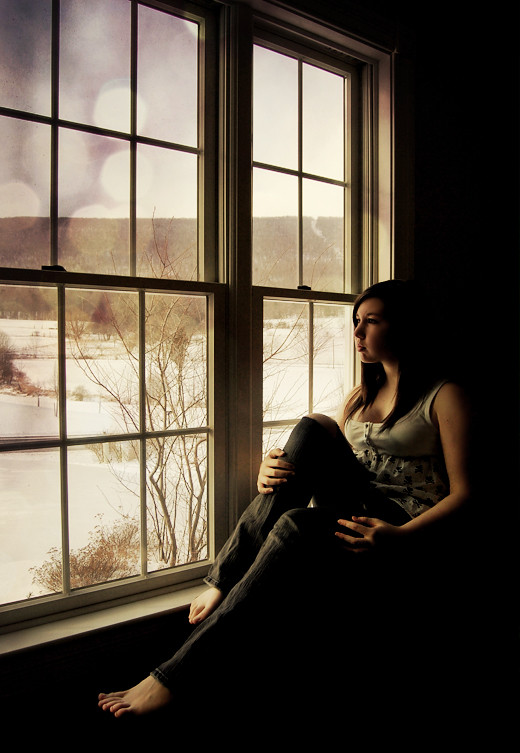 What is social distancing?
What is social distancing?
Social distancing is a way to keep people from interacting as closely or frequently enough to spread the virus. Schools, sporting events and concerts are being canceled. People are being asked to stay at home more to avoid being in contact with a large number of people.
What are some ways to take care of yourself?
Some people may feel anxious, lonely or frustrated and that is totally normal. It can be very helpful to talk with friends and family about those feelings. It helps to know that others are going through these same emotions. Reach out to your community counselor if you need support during this time.
It is very important to practice good self-care. Connect with people you love via Skype and text, maintain a healthy diet, stay active, make plans for things you want to do once things get back to normal. Staying out of crowds doesn’t have to mean just staying in the home. You can go for walks and enjoy nature. Both exercise and spending time in nature are beneficial for your mental health.
Where can you get practical tips for dealing with social distancing?
We recognize that some of these changes will require patience and resourcefulness. During this time, we will be doing a series of blog posts with resources to assist you with two specific aspects of this situation:
- Ideas for keeping the kids occupied (while they are home from school)
- Ways to continue your cultural exchange from home
Photo: Meg Willis


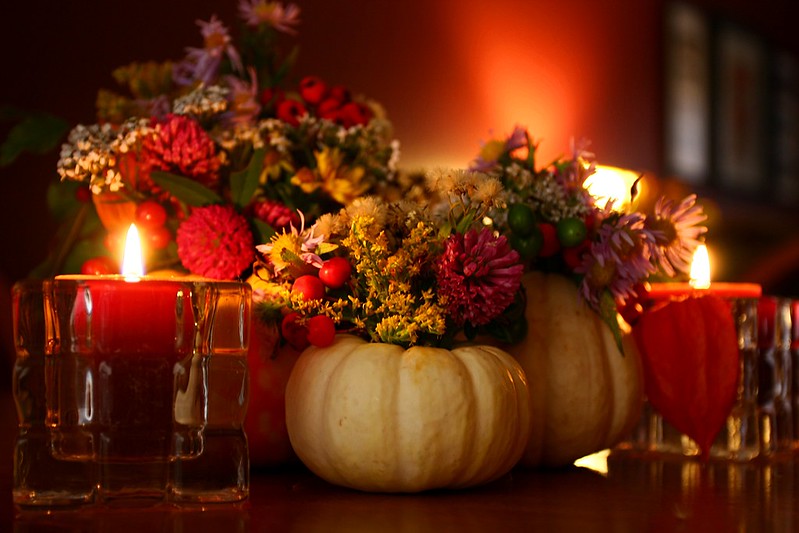
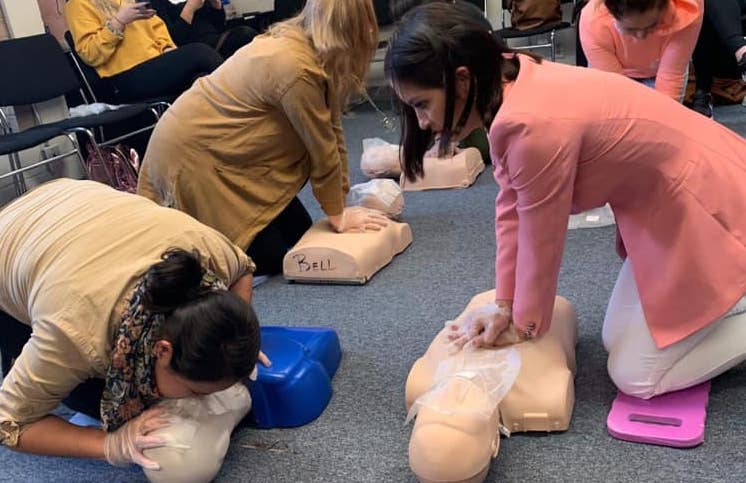
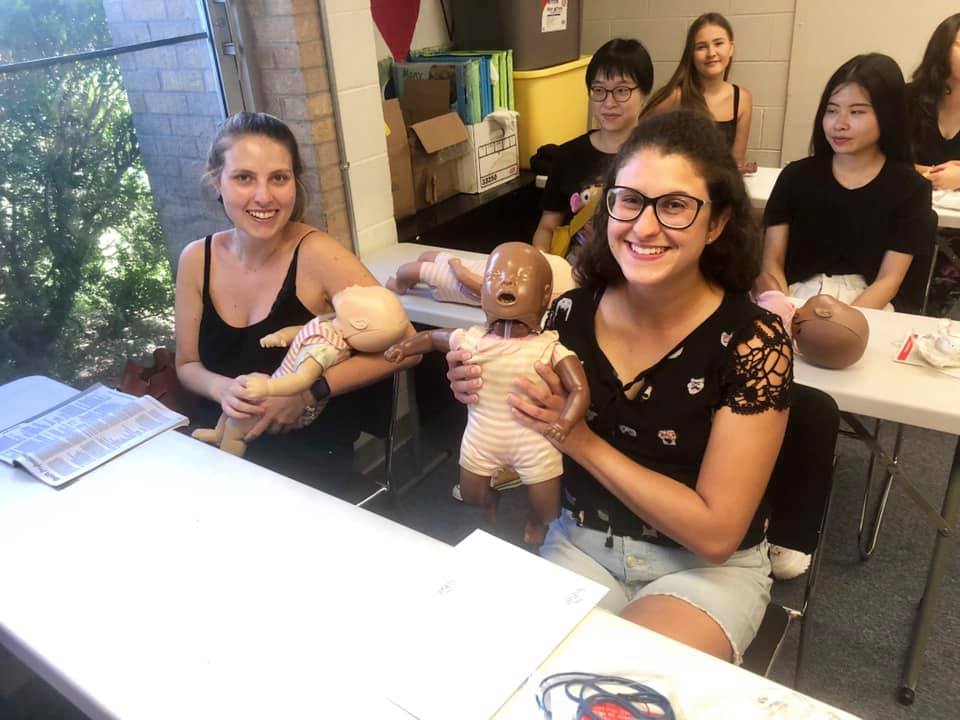 Classes are available through the Red Cross. Au Pair in America will pay for the cost of a class providing an au pair has at least six months left on her visa and is taking one of several approved childcare/child safety-related classes, such as Adult and Pediatric First Aid/CPR/AED. Au pairs should check with their community counselor and host family before signing up. Au Pair in America will register the au pair directly.
Classes are available through the Red Cross. Au Pair in America will pay for the cost of a class providing an au pair has at least six months left on her visa and is taking one of several approved childcare/child safety-related classes, such as Adult and Pediatric First Aid/CPR/AED. Au pairs should check with their community counselor and host family before signing up. Au Pair in America will register the au pair directly. Almost everyone experiences culture shock when they come to a completely new environment. Everything is different: the language, the food, and the people.
Almost everyone experiences culture shock when they come to a completely new environment. Everything is different: the language, the food, and the people.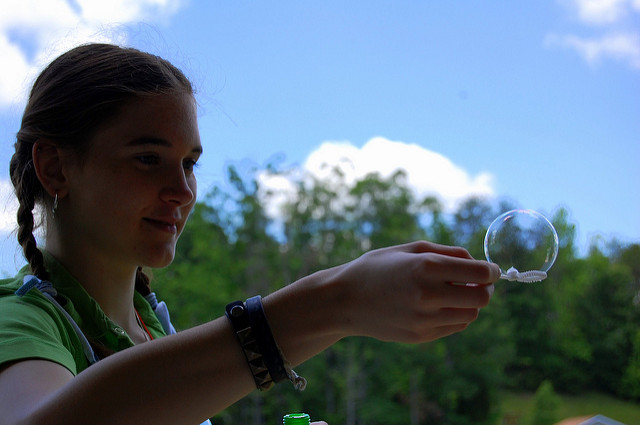 Just because a child is old enough to occupy themselves, doesn’t mean that they should be expected to do so the majority of the time. Host families have a certain expectation of activity and involvement for their children. Get the kids engaged and active. You can be more fun than the TV or a video game.
Just because a child is old enough to occupy themselves, doesn’t mean that they should be expected to do so the majority of the time. Host families have a certain expectation of activity and involvement for their children. Get the kids engaged and active. You can be more fun than the TV or a video game. We live in a time of constant sharing through social media. We often share pictures, plans of somewhere we are going or rants about problems, without thinking much about who will see it and what could be the consequences.
We live in a time of constant sharing through social media. We often share pictures, plans of somewhere we are going or rants about problems, without thinking much about who will see it and what could be the consequences. Dehydration means that the body lacks the necessary amount of fluid. Infants and small children are more likely to become dehydrated than older children or adults, because they can lose relatively more fluid quickly.
Dehydration means that the body lacks the necessary amount of fluid. Infants and small children are more likely to become dehydrated than older children or adults, because they can lose relatively more fluid quickly.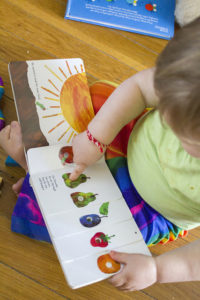 Being an au pair is an important role in a child’s life. When you are caring for a young child up to 45 hours per week, there are lots of opportunities to help them learn language. Many host parents are eager for their children to be exposed to foreign language. If this is true of your host parents, you can try the suggestions below, in both English and your native language.
Being an au pair is an important role in a child’s life. When you are caring for a young child up to 45 hours per week, there are lots of opportunities to help them learn language. Many host parents are eager for their children to be exposed to foreign language. If this is true of your host parents, you can try the suggestions below, in both English and your native language. What is Daylight Saving Time?
What is Daylight Saving Time?